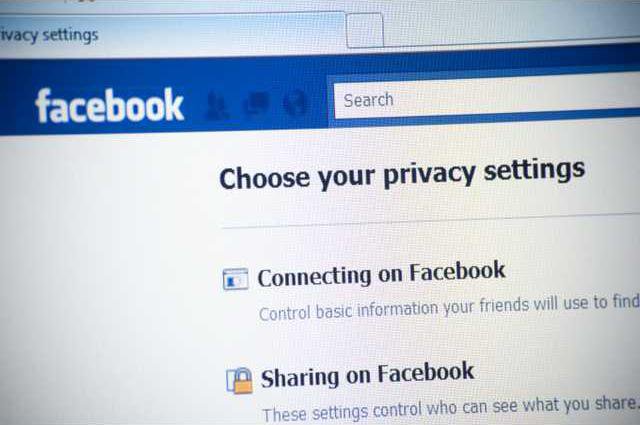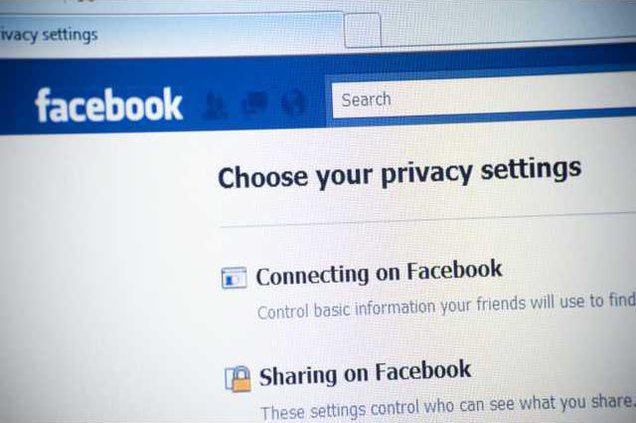![]() Whether the cases made the public shrug or close a social media account, some online happenings of 2014 left many Internet users feel freaked out, manipulated or paranoid. Think the Internet is generally a safe space? This list will make users think again.
Whether the cases made the public shrug or close a social media account, some online happenings of 2014 left many Internet users feel freaked out, manipulated or paranoid. Think the Internet is generally a safe space? This list will make users think again.
1. The Slender Man attempted murder
Two 12-year-old girls allegedly tried to kill their friend earlier this year, leaving their friend stabbed several dozen times on the side of a Wisconsin road. Their motive wasn't jealousy or anger, but reverence to an Internet meme known as Slender Man — a cyber myth born on the Internet through cleverly Photoshopped pictures and creepy stories told in the corners of sites like Reddit. The case is a chilling reminder of how the Internet can blur the lines between fantasy and reality for the young and impressionable.
2. Facebook plays with user moods
Facebook opened itself up to major criticism this June when it admitted to allowing researchers to manipulate the site's algorithm to see if the content of a Facebook newsfeed could alter a user's mood. As it turns out they could, potentially making thousands if not millions of emotionally fragile users further into the doldrums of depression, many asserted online. The worst part, critics affirmed, was that the site performed these experiments without user knowledge or consent, crossing serious ethical lines.
3. OKCupid's admission of experimentation
If the Facebook experiments didn't have users down in the dumps, those attempting to find love online might be bewildered to learn that OKCupid experimented on its users in ways that included matching incompatible couples. While some disagree that what the dating site did was as "bad" as Facebook's experiments, many online like FastCompany condemned the site for "brag(ging) about messing with people's emotions for the sake of science."
4. Net neutrality in jeopardy
The terrifying thing about the net neutrality debate is what digital users don't know — that being what the Internet would look like if ISPs wind up with more control over the content of the Internet they now provide access to. For some, giving companies like Comcast more authority to essentially tax sites like Netflix for ideal speed is frightening enough. Others fear that too much power to ISPs could inadvertently result in an Internet that mirrors countries like China, with mandatory digital restrictions many Americans find, well, un-American.
5. The official death of Internet privacy
For many years in the infancy of the Internet, online privacy was like a unicorn: Most people had heard of it, but not everyone was convinced it existed. Now, many, like the Washington Post, claim it's official. If online privacy ever existed in the first place, it's dead now. With the introduction of programs like Facebook's "DeepFace" facial recognition technology and online tracker "Digital Shadow," it seems there's nowhere left to hide online. The programs prompt many to ask what even seemingly innocent pieces of information like snapshots can be used for.
Email: chjohnson@deseretnews.com
Twitter: ChandraMJohnson








